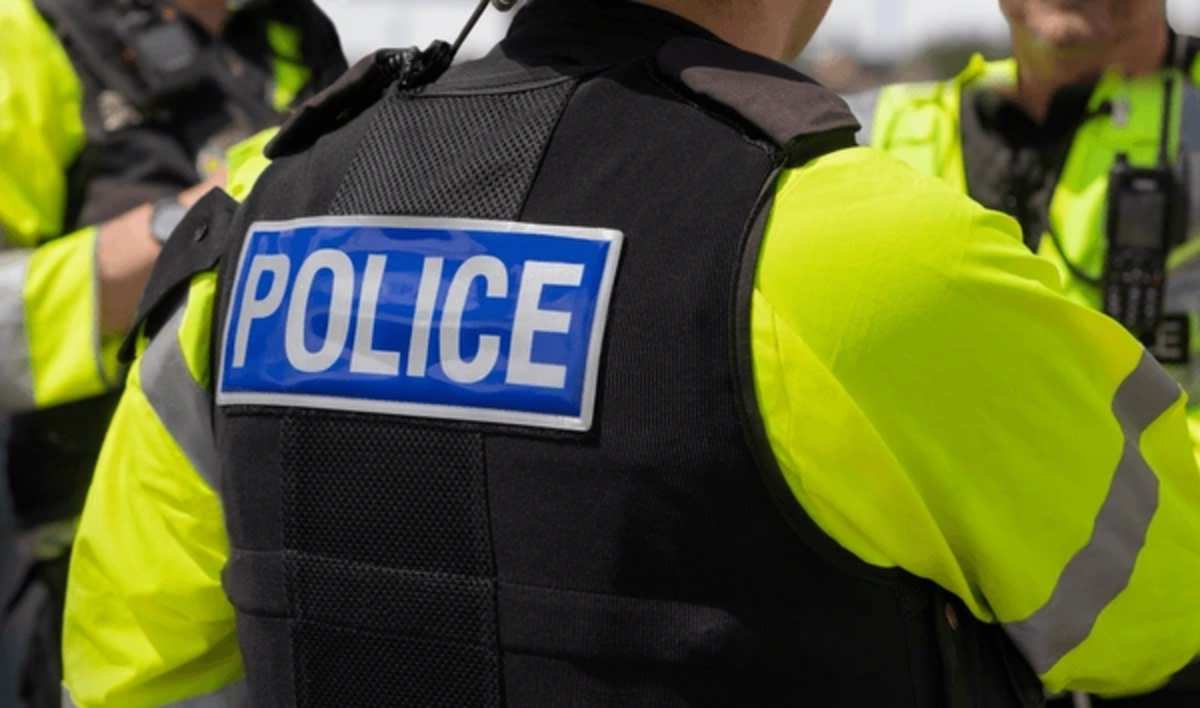The police have carried out facial recognition searches utilizing over 150 million images from passport and immigration databases, according to a report published by the privacy group Big Brother Watch. This activity occurred without public disclosure or parliamentary oversight.
Police in the United Kingdom [1] have had access to the nation’s passport and immigration databases since 2020, and Big Brother Watch has reported a significant increase in the number of searches conducted. This revelation regarding the frequent use of the system has led to bipartisan criticism. The findings, [2] derived from Freedom of Information requests submitted to 31 police forces throughout the UK, indicate a significant increase in the utilization of civil image databases for retrospective facial recognition. Data reveals that police searches of the UK passport database rose from two in 2020 to 417 in 2023. Additionally, searches of immigration and visa databases increased from 16 in 2023 to 102 in 2024.
Big Brother Watch and Privacy International have both urged for an immediate halt to facial recognition searches using civil databases and are exploring potential legal action. The organizations contend that current practices represent a significant violation of privacy rights and are not supported by sufficient legal protections. Reports indicate that pre-action letters have been dispatched to government officials. Silkie Carlo [3] the director of Big Brother Watch said, “The government has taken all of our passport photos and secretly turned them into mugshots to build a giant, Orwellian police database without the public’s knowledge or consent and with absolutely no democratic or legal mandate. This has led to repeated, unjustified and ongoing intrusions on the entire population’s privacy.”
Nuno Guerreiro de Sousa, [4] a Senior Technologist at Privacy International also said, “The police have been covertly running facial recognition searches on the faces of tens of millions British citizens and anyone with a migration status in the UK, and the government has facilitated this unchecked use of surveillance powers, without any safeguards or public debate.” The UK passport database includes around 58 million images of citizens, while immigration and visa systems collectively account for an additional 92 million images, resulting in a total exceeding 150 million.
In contrast, the Police National Database or PND, which is specifically used for retrospective facial recognition, contains an estimated 20 million images.The Home Office has [5] asserted that law enforcement's utilization of facial recognition technology is legal and aids in identifying individuals linked to serious crimes. However, advocacy groups highlight that the recent establishment of two permanent live facial recognition cameras in Croydon, South London, seems to challenge these claims.The announcement coincides with the United Kingdom's efforts to enhance its facial recognition capabilities. The Metropolitan Police [6] revealed intentions to implement license plate recognition technology during the 2025 Notting Hill Carnival, marking the first usage of such technology at the event following initial testing.
In a related development, the UK government initiated [7] a £20 million multi-supplier framework aimed at acquiring facial recognition software through BlueLight Commercial. The UK government has announced advancements in its plans to implement and maintain the use of facial recognition technology in policing nationwide. However, [8] this development occurs in the absence of a legal framework governing the use of such technology. “The unsettling results of our YouGov survey of MPs convey they are largely unaware and uninformed about the expansion of FRT in the UK. The UK is falling behind international developments and UK MPs are sleepwalking into public mass surveillance when it comes to the propagation of this authoritarian technology, which poses a serious threat to our human rights and society,” Privacy International concluded.
